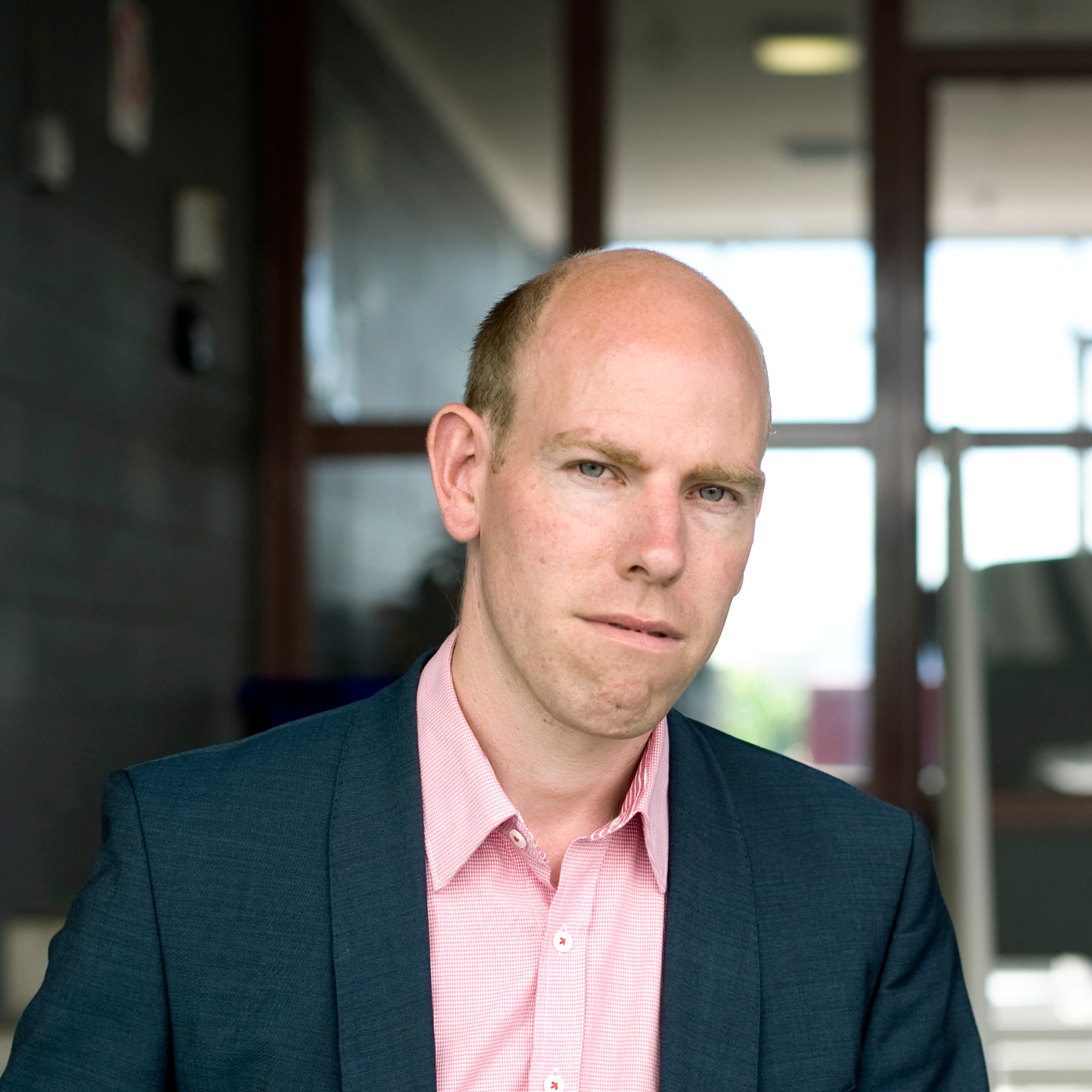Beethoven Forever
Beethoven Festival: Joy
New Zealand
Symphony Orchestra
Saturday, 31 August
Reviewer: Max
Rashbrooke
And so, like all good things, it had to come to an end. The last night of the Beethoven Festival was, appropriately enough, sold out, the acceleration in the audience numbers matching the growing sense of musical excitement.
Like any such last night, it was inevitably dominated by the Ninth Symphony, although first up was the more humorous Eighth. The orchestra gave the lie to the idea that this is somehow a lightweight work, creating a vigorous, almost rugged sound, especially in the first movement. If the odd horn note was out of place, that didn’t matter too much. A light (though not of course lightweight) touch was evident throughout, and the rapidfire passages were beautifully executed. While this symphony is perhaps not the most emotionally engaging, it nonetheless made sense in the context of the concert overall.
The Ninth itself is, of course, an immensely familiar work, but this rendition never felt predictable. From the opening moments, characterised by the stillness of absolute concentration, through to the later more martial passages, the orchestra sounded fresh without any sense of innovation for its own sake. If any one thing can be said to characterise Beethoven’s work, it is probably a kind of wholehearted wrestling with difficult questions, and that feeling of an immense and stern struggle was present throughout, especially in the wonderfully played second movement.
Where that movement had an exhilarating sense of energy, the third was open, expansive, and warmly triumphant. There was a sense of hard-won success, of the music, via the orchestra, looking such struggles full in the face and, finding a resolution, being able to say simply: this is how it is. Throughout, the distinguishing feature of Edo de Waart’s conducting – an absolutely clear communication of the work’s architecture – was never far from view.
The final movement was also superbly done. I wasn’t sure that the soloists’ voices blended as well as they might, and at times they lacked the required volume, but individually they were very good. The Voices New Zealand Chamber Choir, meanwhile, were exceptional: clear, beautifully balanced and, in the more dramatic passages, absolutely exhilarating.
That’s not to say that every detail in the last movement, or the symphony, or the cycle, was perfectly nailed down. And of course it’s the role of the critic to point such things out. But we also have to take a step back and think about what was achieved in the bigger picture. Yes, we have (most of us) heard the Beethoven symphonies plenty of times. But to hear them all in a row is something special. The Beethoven of the Ninth is so different to the Beethoven of the First. It’s a little like seeing someone grow up – the delight, and wonder, of watching little people mature into adults. It’s also a journey of intellectual and emotional development. And each individual symphony, in a way, makes more sense when heard alongside its brothers and sisters.
We are lucky, in short, to be treated to such things – and without necessarily suspending our critical judgement, we can thank de Waart, in what is essentially his NZSO swansong, and the orchestra itself, for this series of performances, truly an experience that will live long in the memory.



 Binoy Kampmark: Junk Science And Bad Policing - The Homicide Prediction Project
Binoy Kampmark: Junk Science And Bad Policing - The Homicide Prediction Project Keith Rankin: Rational Expectations, Intelligence, And War
Keith Rankin: Rational Expectations, Intelligence, And War Peter Dunne: Dunne's Weekly - Is Andrew Little Wellington's Mayor-In-Waiting?
Peter Dunne: Dunne's Weekly - Is Andrew Little Wellington's Mayor-In-Waiting? Gordon Campbell: On Peter Dutton’s Fading Election Prospects.
Gordon Campbell: On Peter Dutton’s Fading Election Prospects. Binoy Kampmark: Withdrawal Symptoms - Hungary, Europe And The International Criminal Court
Binoy Kampmark: Withdrawal Symptoms - Hungary, Europe And The International Criminal Court Martin LeFevre - Meditations: No Silver Lining, Just An Opening
Martin LeFevre - Meditations: No Silver Lining, Just An Opening